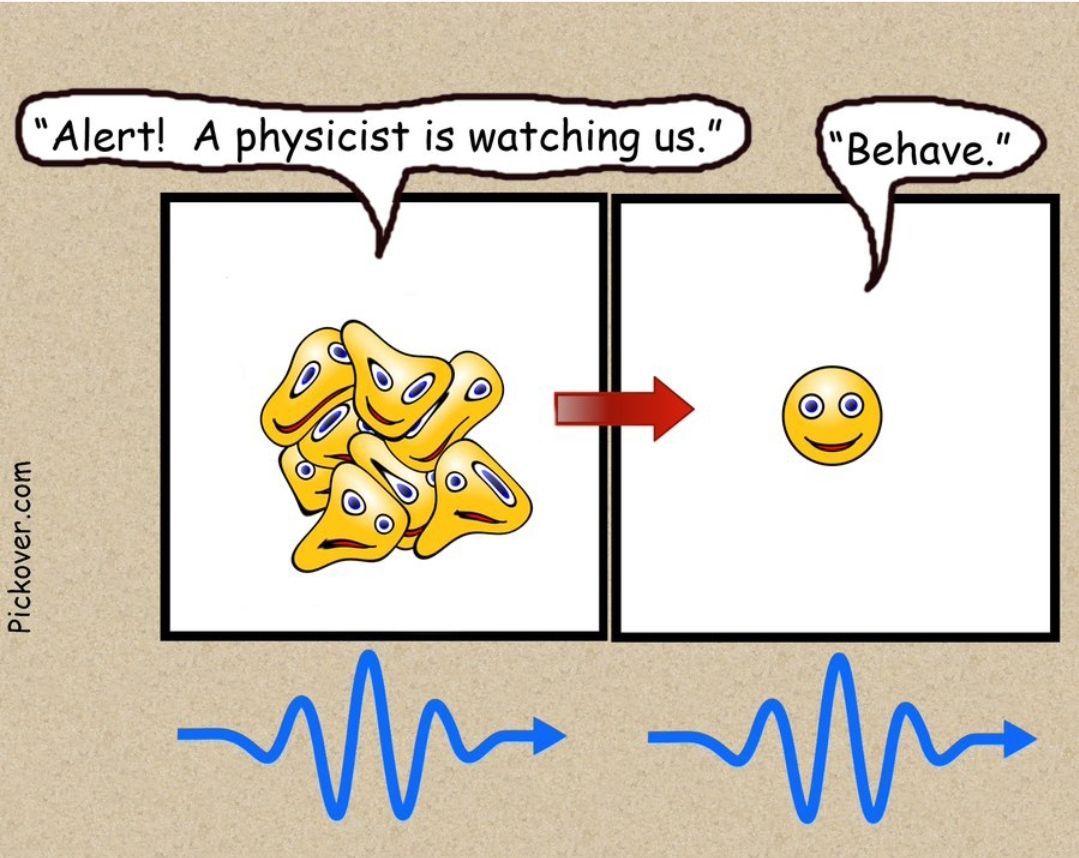Is physics watching over us?
In the journal article "Is physics watching over us?" published in Nature, Philip Ball delves into the profound implications of a paper by physicists from MIT and Stanford that questioned our understanding of the universe's origins and evolution. The paper, titled "Disturbing Implications of a Cosmological Constant," explored the idea that the universe's existence, with its seemingly fine-tuned parameters for life, might be incredibly statistically improbable within the framework of current cosmological models.
Good 3 min YouTube.
Ball begins by highlighting the central idea of the MIT and Stanford paper: that the cosmological constant, a mysterious force that seems to be accelerating the expansion of the universe, could have a vast range of possible values. However, the observed value of the cosmological constant appears to be exceptionally small, allowing for the formation of galaxies, stars, and planets, and ultimately, life itself. This observation led the authors of the paper to consider whether the universe's seemingly hospitable conditions might be the result of an immense cosmic lottery, where our universe is just one of countless possible universes with vastly different properties. As well maybe some force for reasons of its owned caused this.
The idea that our universe might be one among many, known as the multiverse hypothesis, has been a subject of much debate and speculation in cosmology and physics. While the multiverse hypothesis offers a potential explanation for the apparent fine-tuning of the universe, it also raises a host of philosophical and scientific questions. If our universe is just one of many, does it diminish our place in the cosmos? What are the implications for our understanding of the fundamental laws of physics?
Ball explores these questions, drawing upon the insights of physicists and cosmologists who have grappled with the multiverse hypothesis. Some argue that the multiverse hypothesis, while unsettling, is a natural consequence of our current understanding of physics, particularly the theory of inflation, which posits that the universe underwent a period of exponential expansion in its earliest moments. Others express skepticism, arguing that the multiverse hypothesis remains speculative and untestable, and that alternative explanations for the universe's fine-tuning may exist.
One of the most intriguing aspects of the multiverse hypothesis is the possibility that it could provide a framework for understanding why the laws of physics seem to be so finely tuned for life. In a multiverse, the laws of physics could vary from one universe to another, with only a small fraction of universes possessing the right conditions for life to emerge. Our universe, in this scenario, would simply be one of the lucky ones.
Ball also touches upon the theological implications of the multiverse hypothesis, noting that some have interpreted it as evidence for the existence of a divine creator who designed the universe for life. However, he cautions against drawing hasty conclusions, emphasizing that the multiverse hypothesis remains a scientific hypothesis, not a theological one.
In the concluding section of the article, Ball reflects on the broader significance of the debate surrounding the multiverse hypothesis. He suggests that it forces us to confront fundamental questions about our place in the cosmos and the nature of reality itself. Whether or not the multiverse hypothesis ultimately proves to be correct, it has already sparked a profound rethinking of our understanding of the universe and our place within it.
"Is physics watching over us?" offers a thought-provoking exploration of the multiverse hypothesis and its implications. It invites readers to consider the possibility that our universe may be just one of many, each with its own unique set of physical laws and properties. While the multiverse hypothesis remains a topic of ongoing debate and research, it has already had a profound impact on our understanding of the cosmos, prompting us to reconsider our place in the universe and the nature of reality itself.




Comments
Post a Comment